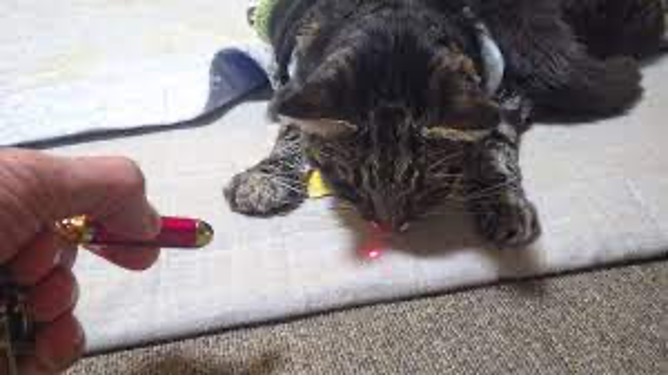
Discovering the World of Patent Prosecution: Where Science Meets Law!
Have you ever marveled at the latest gadgets or innovations, wondering about the creators behind them? Have you ever wondered if there was a lucrative path where you could expand your technical knowledge without being stuck in a lab or computer room for days? As a former computer science student that dreaded an impending programming career, I certainly have. Luckily, there’s a fascinating world out there, beyond labs, research, and programming, where I learned I could have a significant impact with my science background: the world of patent prosecution.
Continue reading “Discovering the World of Patent Prosecution: Where Science Meets Law!”
